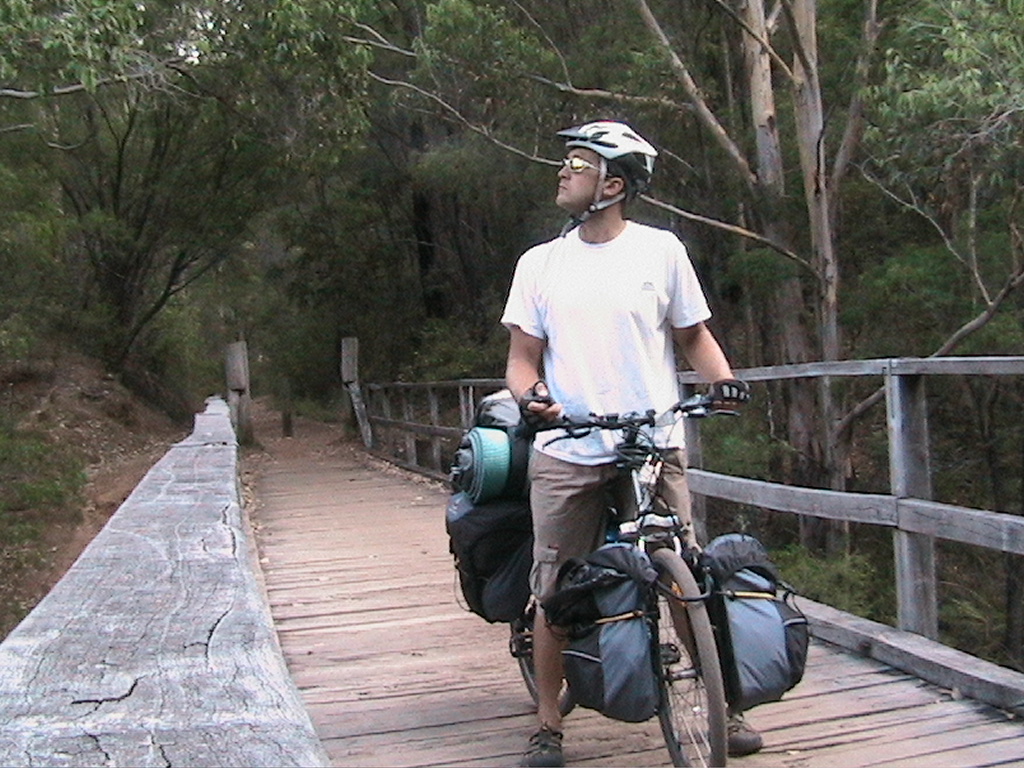No, you are not the only adults who say “tippytoes.” The term is widely used in English-speaking countries, especially among families and caregivers. While it may sound playful or childish, many adults use the word to describe the action of standing or walking on the tips of their toes, often when trying to reach something high or when attempting to be quiet. The usage of “tippytoes” in adult conversations may depend on personal preferences, regional dialects, and cultural quirks, but it certainly exists among adults around the world. It’s common for language to retain certain childlike expressions, especially those that evoke endearing or playful imagery. Thus, you share this terminology with many others, reflecting a blend of whimsy and functionality in language.



